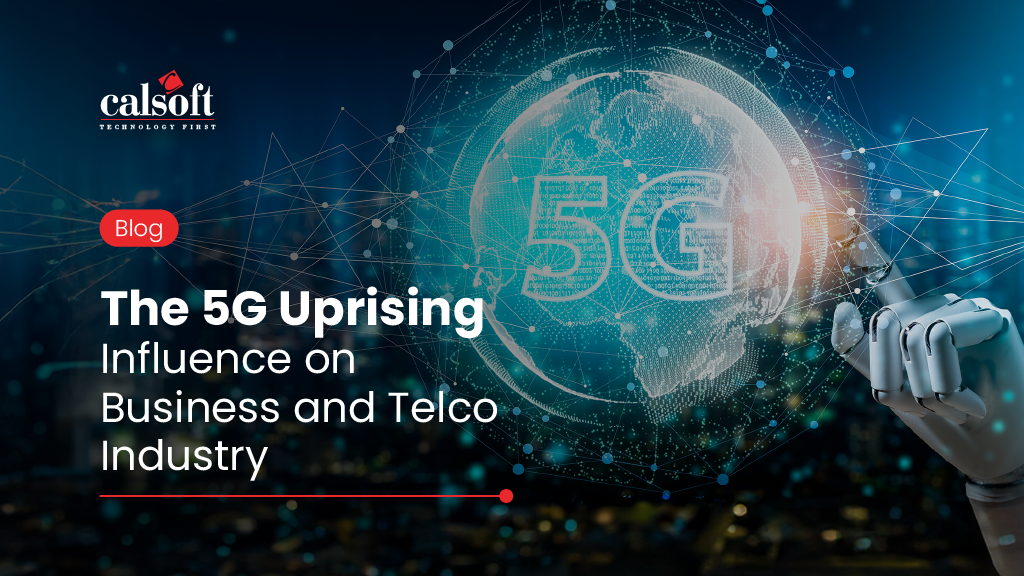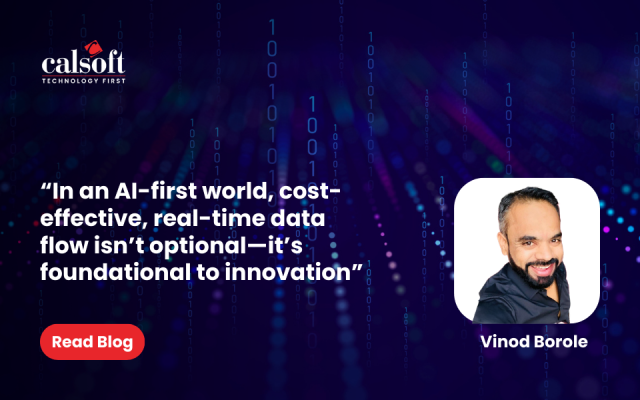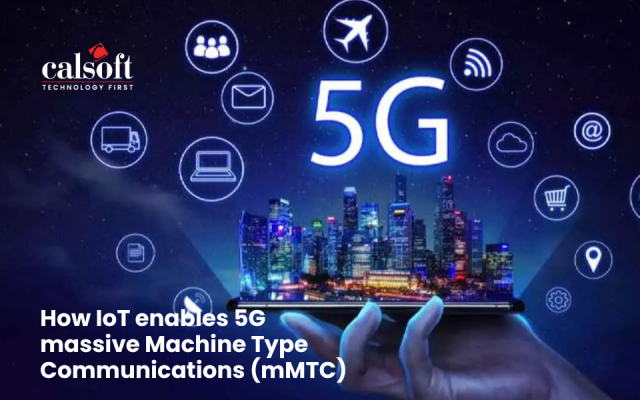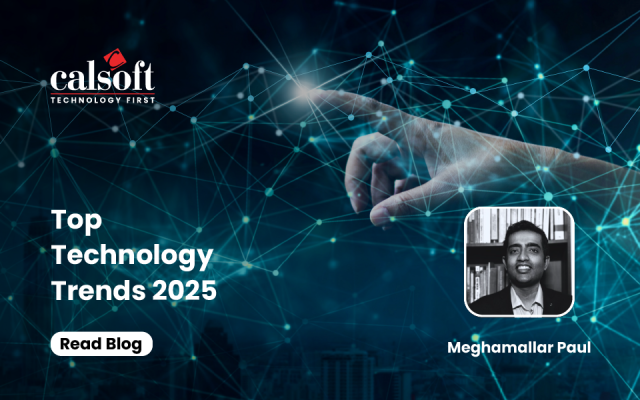5G, the next-generation cellular network is revolutionizing the way we communicate and operate business. With higher data rate, ultra-low latency, and enhanced capacity, 5G has the true potential to transform various industries, disrupt conventional business models, and the way we live, work, and interact with technology.
The 5G rollout makes it easier for enterprises to connect and transfer huge volume of data, enabling real-time collaboration and communication. This will have significant impact on various industries and business leading to innovative and economical business models.
5G network roll out also influence the telecom industry, leading to increased competitiveness, emergence of new players in the industry and launch of new services and products. 5G supports the development and deployment of emerging technologies such as digital healthcare, autonomous cars, industrial automation, and smart cities. With the advent of 5G, telcos can offer new revenue tactics such as enterprise-grade Internet of Things (IoT) solutions and cloud services boosting profitability.
By 2025, forecast predict that around half of the total telecom industry is projected to be 5G- enabled in developed countries such as Asia and North America. And by 2024, that there will be around 1.9 billion 5G subscriptions worldwide.
(Source: https://www.statista.com/statistics/760275/5g-mobile-subscriptions-worldwide/)
5G is expected to support next generation use cases which demands stringent technical requirements in terms of data rate, connectivity, latency, and reliability. Therefore, the connectivity, coverage, and capacity provided by the technology is very essential. Poor connectivity can pose significant challenges for businesses, impacting their ability to operate efficiently and effectively.
How 5G will impact business and telco industry?
5G focus on a modern approach to infrastructure that presents modularity and flexibility to an industry which has been previously dominated by monolithic and purpose-built hardware, lacking flexibility and agility.
One of the key benefits of 5G for businesses is that it enables companies to take advantage of new technologies, such as IoT and Artificial Intelligence (AI). IoT refers to the interconnected network of devices, including smartphones, sensors, and other connected devices, that can communicate with each other over the internet. AI, on the other hand, refers to the use of machine learning algorithms and other techniques to automate tasks and make predictions based on data.
Let’s explore how 5G will transform business, particularly aid the telecom industry.
5G networks are more complex than previous generations of mobile networks, requiring the deployment of distinct infrastructure and investment in new technologies. This means that telcos must be proactive in investing in 5G technology and building out their networks to meet user demands.
Enhanced Coverage and Connectivity: 5G networks use a combination of low-band and high-band spectrum to provide both wide area coverage and high-speed connectivity. Small-cell deployments are encouraged in dense scenarios to achieve more capacity and coverage. 5G networks use advanced technologies such as beamforming and massive MIMO (Multiple-Input, Multiple-Output) to improve network capacity and support more users.
Network-as-a-Service (NaaS): This concept leverages the capabilities of 5G technology to provide businesses with a flexible, scalable, and secure network infrastructure that can be managed and optimized in real-time. In NaaS, network infrastructure is provided as a service, with network functions and resources being offered to customers on a pay-per-use or subscription-based model. The network infrastructure is owned and operated by a Service Provider (SP), who is responsible for maintaining and updating the network, and ensuring its availability and security. 5G slicing technology help telcos to provide network-on-demand services.
Ultra-low Latency: Ultra-low latency makes 5G ideal for use cases that require real-time response times, such as Augmented Reality (AR), Virtual Reality (VR), and IoT applications. The low latency of 5G networks can improve the user experience for customers, making it possible to offer innovative services that were not possible with previous generations of wireless technology.
Secure and Flexible Networks: The increased security of 5G networks will help to protect against cyber threats and unauthorized access, which is particularly important for critical communication scenarios. This can provide telecom operators with a competitive advantage, as well as helping to build trust with their customers. The flexible 5G architecture allows telecom operators to adapt quickly and easily to fluctuating business needs and market conditions. This increased flexibility will allow operators to more effectively respond to market demands and emerging technologies.
Immersive Experience: The ability to provide an immersive experience with 5G network opens more revenue opportunities for telecom operators, such as providing high-speed, real-time connectivity for emerging technologies such as AR/VR, and metaverse. This will have a competitive advantage for telcos over those that do not, allowing them to differentiate themselves in the market and win new customers.
Energy-Efficiency: Energy efficient 5G networks will help to reduce operating costs for telecom operators, as they will require less energy to run and maintain the network. The principles of software-defined networks and network function virtualization helps in efficient utilization of network resources, thereby enhancing reliability with low operational cost and environmental impact.
Conclusion
5G is a major development in the world of telecommunications and technology, and its impact on the business world and telco industry will be significant. Companies that invest in 5G technology will be better positioned to take advantage of new technologies and improve their operations, while telcos that invest in 5G networks will be better equipped to meet the demands of their customers. As the 5G uprising continues to gain momentum, it will be exciting to see how this technology persists to shape the business world and the telco industry in the coming years.








